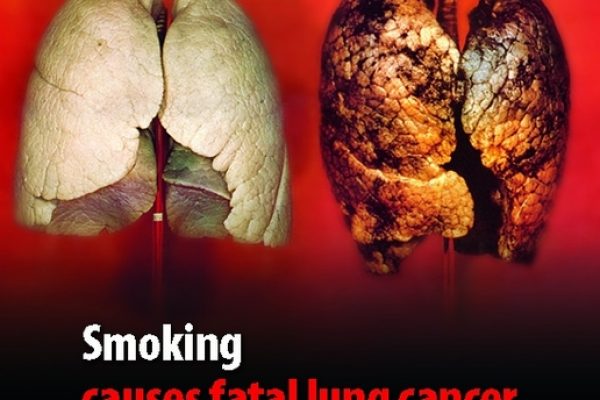"I'm worthless, pathetic and useless."
These are some words that any person going through an addiction relapse may think of during the entire ordeal. These are the emotions that I go through as I struggle through some personal issues. With a broken e-cigarette and prohibitive prices for replacements, I've had no recourse but to smoke real cigarettes again specially at the height of some things that I have to face. There's one thing that I realized throughout this personal experiment: I'm still addicted to nicotine. Yes, you heard that right. For me, e-cigarettes do not cure the addiction. It merely replaces it with a perceived cure. The effects on different individuals may vary.
There comes a time in one's life when you struggle and fight with so many things. Problems left, right, front, back, top, bottom, inside and outside beset us like hovering mosquitoes. During these high stress moments when you feel that the world is on your shoulders, it's easier to succumb to any weakness. Mine is smoking.
For me, smoking fills that void in time that lingers in the cusps of the whirlwind that is life. It's a moment for reflection as my body struggles with mental, emotional and psychological tension. Sometimes, I feel like there may be no way out of it. Sometimes, I feel that it is hopeless. But in it, I know that it is not. I cling to that belief like some sort of magical placebo that cures any psychosomatic illness. That is the power of belief. But I also know that belief and faith are always an ongoing struggle. They're a constant whirlpool of change, of victory and of defeat.
If you're reading this now and you're like me, know that you are not alone. You can do it. You need to do it. You need to quit smoking.
Life, though often hard and unforgiving, presents so many possibilities for joy and well being. There is literally a world of wonders to explore in good health. There are so many tiny precious moments that don't fit on a single blog post for you to experience. And they're all waiting for you to turn them into what is real. And they're all waiting to become a part of the unwritten chapter of your life.
Yesterday, we succumb to our weakness in our weakest moments. Today, we shall try again. And if we fail, we shall try yet again tomorrow. We lose seconds in every battle lost, but never lose hope that we can make the best moments of our lives in perfect health. Never lose hope that you can stop smoking.
Creative Commons Image via Flickr











